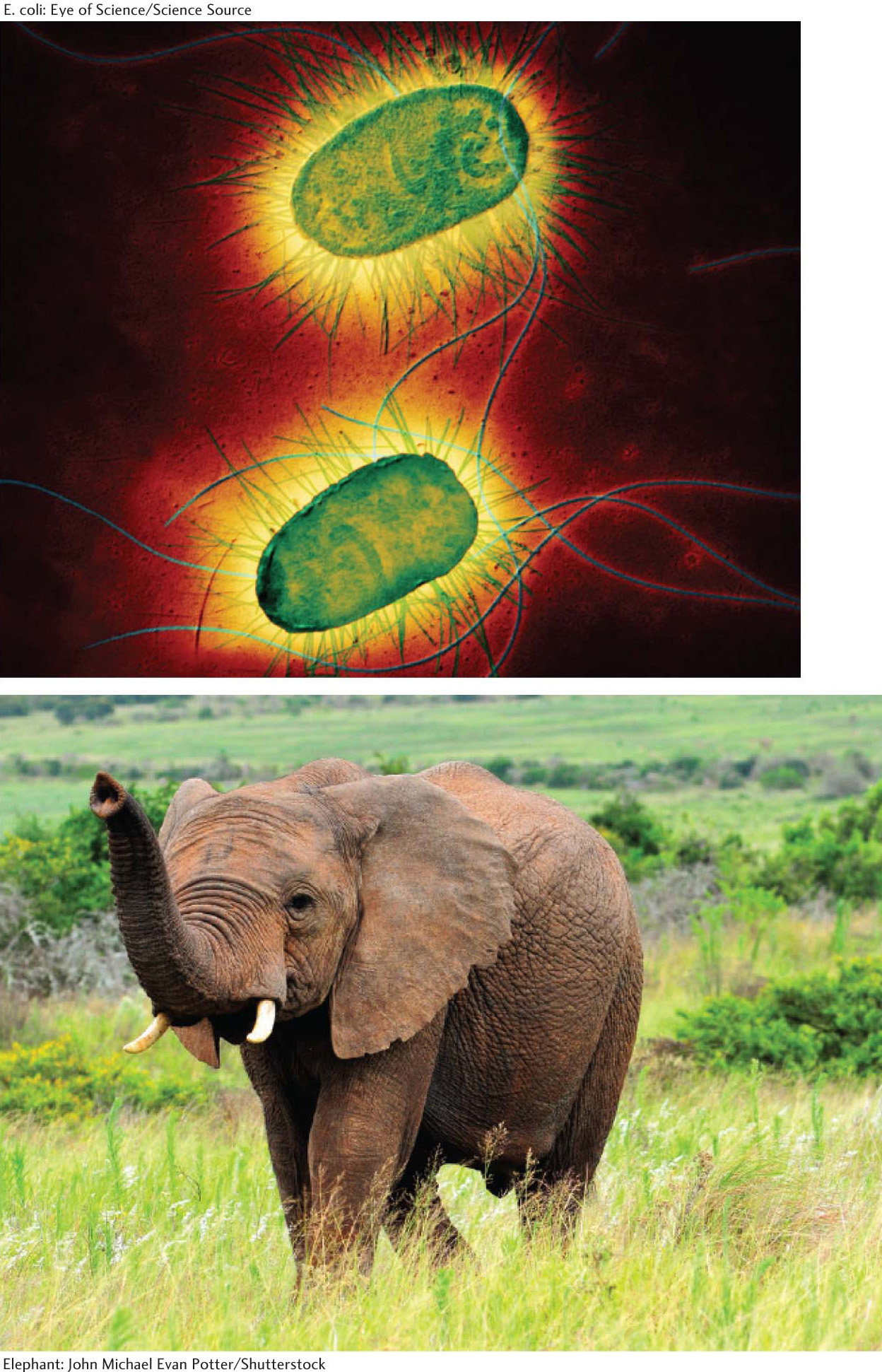
Biochemistry Helps Us to Understand Our World



The ultimate goal of all scientific endeavors is to develop a deeper, richer understanding of ourselves and the world in which we live. Biochemistry has had and will continue to have an extensive role in helping us to develop this understanding. Biochemistry, the study of living organisms at the molecular level, has shown us many of the details of the most fundamental processes of life. For instance, biochemistry has shown us how information flows from genes to molecules that have functional capabilities. In recent years, biochemistry has also unraveled some of the mysteries of the molecular generators that provide the energy that powers living organisms. The realization that we can understand such essential life processes has significant philosophical implications. What does it mean, biochemically, to be human? What are the biochemical differences between a human being, a chimpanzee, a mouse, and a fruit fly? Are we more similar than we are different?
The understanding achieved through biochemistry is greatly influencing medicine and other fields. Although we may not be accustomed to thinking of illness in relation to molecules, illness is ultimately some sort of malfunction at the molecular level. The molecular lesions causing sickle-
In this section, we will learn some of the key concepts that structure the study of biochemistry. We begin with an introduction to the molecules of biochemistry, followed by an overview of the fundamental unit of biochemistry and life itself—
✓ By the end of this section, you should be able to:
✓ 1 Describe the key classes of biomolecules and differentiate between them.
✓ 2 List the steps of the central dogma.
✓ 3 Identify the key features that differentiate eukaryotic cells from prokaryotic cells.
✓ 4 Describe the chemical properties of water and explain how water affects biochemical interactions.
✓ 5 Describe the types of noncovalent, reversible interactions and explain why reversible interactions are important in biochemistry.
✓ 6 Define pH and explain why changes in pH may affect biochemical systems.